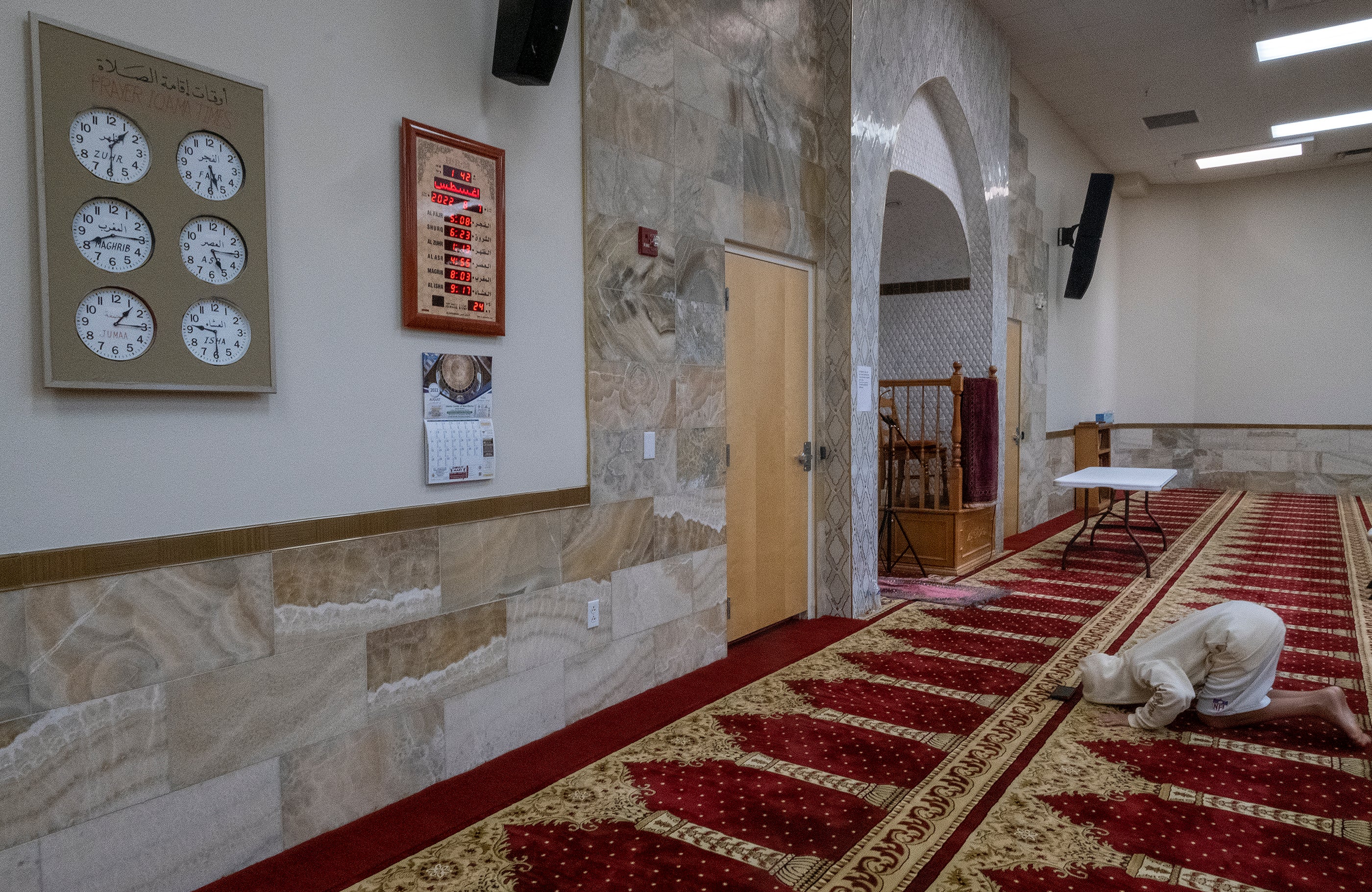Stop blaming Western colonialism for problems elsewhere – it ignores history
These accusations imply that Muslim history essentially did not exist before colonialism


Your support helps us to tell the story
From reproductive rights to climate change to Big Tech, The Independent is on the ground when the story is developing. Whether it's investigating the financials of Elon Musk's pro-Trump PAC or producing our latest documentary, 'The A Word', which shines a light on the American women fighting for reproductive rights, we know how important it is to parse out the facts from the messaging.
At such a critical moment in US history, we need reporters on the ground. Your donation allows us to keep sending journalists to speak to both sides of the story.
The Independent is trusted by Americans across the entire political spectrum. And unlike many other quality news outlets, we choose not to lock Americans out of our reporting and analysis with paywalls. We believe quality journalism should be available to everyone, paid for by those who can afford it.
Your support makes all the difference.Earlier this month, the murder of four Shia Muslims in US city of Albuquerque led to mourning and introspection among Muslims there and even in the UK.
After it was suggested the murders were sectarian in nature – i.e. committed by a Sunni Muslim – many Muslims on social media raised the problem of anti-Shia prejudice. Some however, argued that this sectarianism was, “forged through years of strategy and, yes, US foreign policy.”
It’s certainly true that Western policy in parts of the Muslim world inflamed sectarian tensions, but this ignores what created tensions in the first place. Conflicts between Sunni and Shia Muslims, more political than theological, began some thousand years before America wanted to bring McDonald’s to the Middle East.
This accusation of Western culpability has now become all too habitual. It’s become common to hear that all that is bad in the Middle East or South Asia was a consequence of the evils of colonialism.
Recently, after the conclusion of the Commonwealth Games, athlete Tom Daley described homophobic laws in the Commonwealth countries as the evil legacy of colonialism. Some South Asians even argue that prejudice towards dark-skinned people in the subcontinent is a product of British racism. Even the animosity between Muslims and Hindus was recently implied to be a cause of the partition of India and Pakistan by the British on an episode of the new Ms Marvel show.
But these accusations imply that South Asian and Muslim history essentially did not exist before colonialism. That nothing in the rich, colourful history of South Asia or the wider Muslim world was of any significance before colonialism began. It ascribes western societies with a global influence for what has happened that they do not deserve.
Moreover, the claim that colonialism is responsible for much of the ills of the South Asian and Muslim world implies childlike incompetence about us. The sun set on the British Empire many decades ago, so why are Muslims and Hindus still fighting? Why do Sunni Muslims cite theology when persecuting the Ahmadiyya? Why have these societies been unable to repeal the colonial teachings, and unable to fight for change and freedom like others?
It sounds nonsensical because it is. Homophobia and sectarianism existed in Islam before the British knew which way India was. The warring relationship between Islam’s major sects have characterised the history of the religion almost as much as anything else. In India, the caste system that subjugates dark-skinned people existed before Sir Robert Clive of the East India Company even attended school. The British didn’t exploit tensions that weren’t already there.
It is easier to dismiss everything as the fault of white colonialism because it justifies the perception that society is structurally prejudiced against us minorities.
To keep up to speed with all the latest opinions and comment, sign up to our free weekly Voices Dispatches newsletter by clicking here
But this undermines socialists and feminists back home, who are less interested in blaming western governments when holding corrupt local powers to account. Shia Muslims in Pakistan, Muslims in India and Hindus in Bangladesh need equality and liberty, but their quarrel is with local governments not the British Raj.
This isn’t the same thing as saying the British weren’t responsible for anything. They contributed greatly to inflaming social divisions and the Partition of the Indian subcontinent triggered the deaths of millions. But people have agency to reject what their imperialist ruler tells them, as Indian Muslims, Hindus and Sikhs did so when demanding independence.
It is comforting to pretend that four Shia men died because western imperialism brainwashed Muslims and South Asians into hating each other. The reality is that the rich history of the Muslim world also contains dark prejudices that did not need the British or Americans to create them.
Join our commenting forum
Join thought-provoking conversations, follow other Independent readers and see their replies
Comments